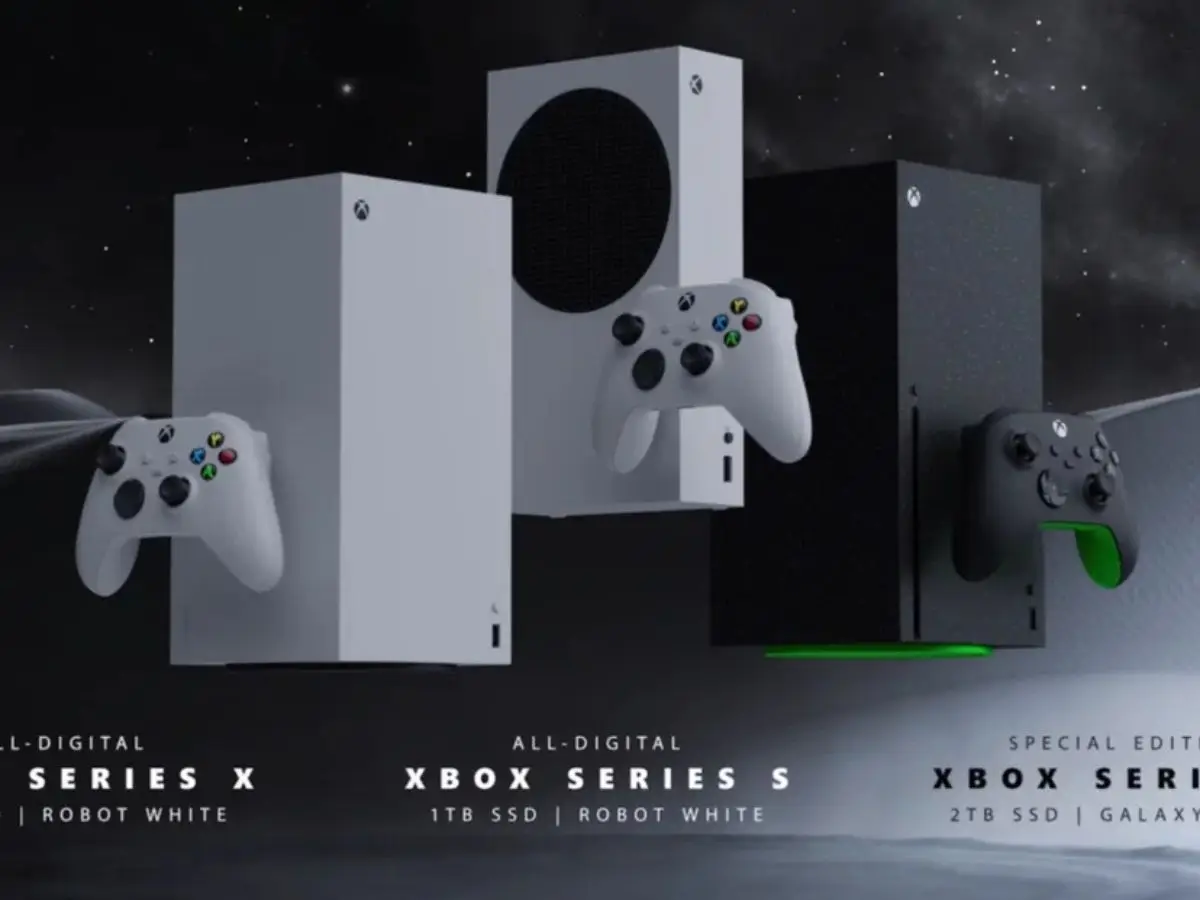T-Mobile has officially completed its $4.3 billion deal to buy UScellular. It now has UScellular’s customers, stores, and 30 percent of its wireless spectrum. Both companies and their customers will be affected by the acquisition in big ways.
One important result is that US Cellular will now only be responsible for managing its infrastructure. Instead of offering direct wireless service, the carrier will now make money by licensing its remaining spectrum and towers.
What this means for customers and business of USCellular
For now, US Cellular customers don’t have to make any changes to their plans and can still manage their accounts on the company’s website. Even though T-Mobile now owns UScellular, customer service is still available under the UScellular brand.
Customers can keep their services the same while taking advantage of T-Mobile’s larger network resources. Not only did the $4.3 billion deal include cash, but it also included regulatory changes.

To get permission from the Federal Communications Commission (FCC), T-Mobile agreed to cut back on its Diversity, Equity, and Inclusion (DEI) programs. This was done during a time when politics were affecting regulations under the Trump administration. This comes after a similar rule was put on Verizon when it bought Frontier.
Once the deal is done, UScellular will no longer be a traditional wireless provider. It will now be called a different company, and its main job will be to manage a giant portfolio of about 4,400 towers and the spectrum it keeps after the sale.
Douglas W. Chambers, who used to be Executive Vice President and CFO of UScellular, will run the new company, which is called Array Digital Infrastructure, Inc. He will be responsible for the tower and spectrum operations going forward.
These changes make T-Mobile’s spectrum holdings better, especially in rural areas. This improves network coverage and connectivity for current and future customers, while US Cellular’s assets are turned into a separate infrastructure business.






